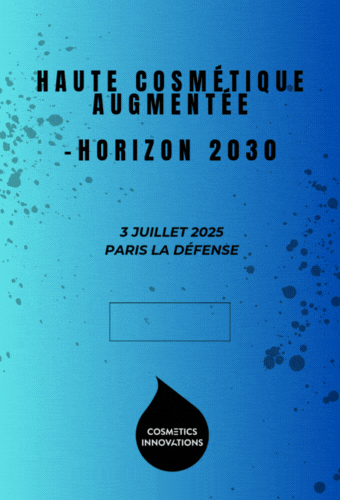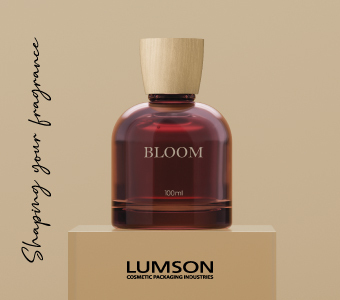The recession due to the Covid-19 pandemic will resemble nothing known since WW2. Previously forecast to grow at a CAGR of 3.8% through 2023, Kline has revised its forecasts for the USD 75 billion U.S. market due to the unfolding crisis. New forecasts, published by Kline last week in a special report on the topic [1], indicate a decline of 2.5% in 2020 as the most likely outcome, with the best-case scenario reflecting a 1.5% gain and the worst-case scenario at an 8.1% drop.

Such a drop has no precedent. So far, the 0.8% drop in 2009 during the last recession is the biggest market dip ever reported by Kline. The only other time Kline noted a market decrease was a 0.3% falloff in 1991 amid another recession.
“Given the unprecedented situation that is unfolding globally as both a health crisis as well as a financial one, it is not surprising that the beauty market should experience its worst performance now,” says Carrie Mellage, Vice President of Kline’s Consumer Products Practice. “Even our worst-case scenario of -8% probably does not feel steep enough given the dark days we are all living, but there are enough essential categories in the mix to keep the market stable.”
Indeed, Kline’s forecasting analysis clusters beauty categories into four groups:
– Rescue categories, such as hand sanitizers and liquid hand soaps, that will experience spiked levels;
– Everyday basics, like shampoos and deodorants, which consumers are expected to more or less use as usual;
– Soothing solutions, such as facial skin care and nail polishes, which are expected to decline near term but may benefit from consumers turning to them as a treat and/or to maintain or establish a part of their routine they can still control;
– Can-wait categories, including fragrances and colour cosmetics, which are expected to decline sharply during social distancing of the health crisis and continue to suffer during the economic fallout in the years to come.
“The cosmetics market will undoubtedly suffer in 2020 and in the years to come, but we expect it to recover within three to five years as it has in all past recessions,” says Mellage. “Compared to other industries, the beauty market is fairly recession-proof, and its products will continue to be desired by consumers - both for meeting basic needs as well as an indulgence.”
Historically, the “lipstick theory” has proven true, with lipsticks (during the four recessions from 1973 through 2001) and eye makeup (in the most recent 2008-2009 recession) performing exceptionally well during recessionary times. “Perhaps we’ll have another winner in the mix this time too,” concludes Mellage.




































